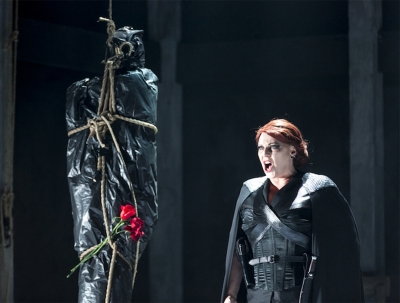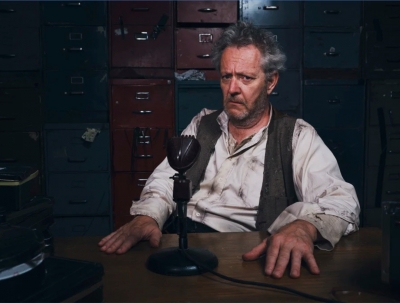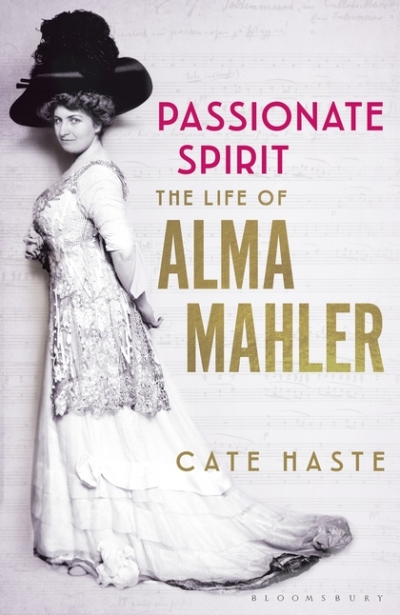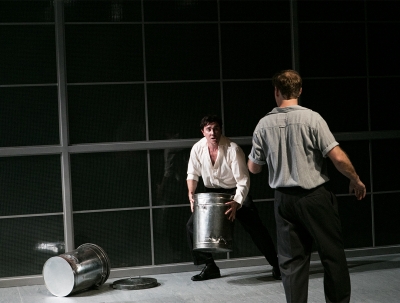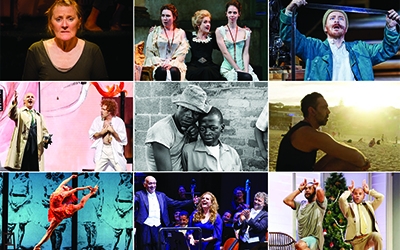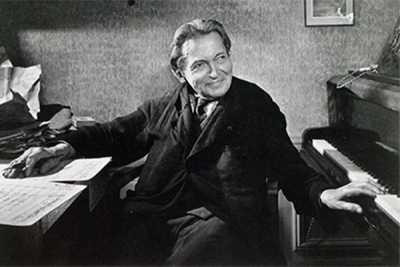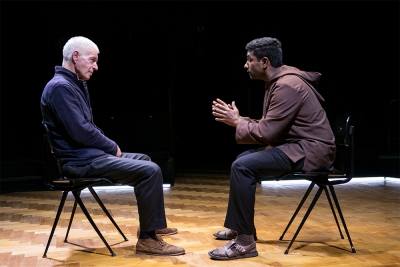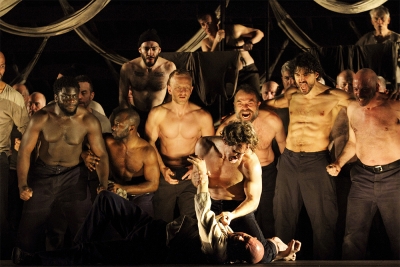Accessibility Tools
- Content scaling 100%
- Font size 100%
- Line height 100%
- Letter spacing 100%
Ian Dickson
Always read the fine print. At the base of the program for Pinchgut Opera’s production of Antonio Vivaldi’s Farnace (1727) it reads: ‘The edition of Farnace used in these performances is by Renzo Bez and Diego Fasolis, adapted with insertion arias selected by Erin Helyard.’ Translated this means that what the audience is watching is a version of the opera in which many of the arias are replaced by more popular ones from Vivaldi’s large number of other vocal works – Farnace plus Vivaldi’s greatest hits, as it were.
... (read more)‘Be again. (Pause) All that old misery. (Pause) Once wasn’t enough for you.’ Reminiscing is rarely a happy experience for Samuel Beckett’s characters, least of all for that most autobiographical of his creations, Krapp. In reply to a friend who had sent him a letter mentioning their good old days in pre-war Paris, Beckett brusquely wrote that there were neither good old days nor good new days. There were no good days at all. As his biographer Deirdre Bair puts it: ‘to yearn for anything in life, past or future, was unrealistic and a waste of time’.
... (read more)In a cramped, dismal cottage on the Galway–Mayo border, the theatre’s most poisonous mother–daughter relationship since Electra battled Clytemnestra is being played out on the stage of the Roslyn Packer Theatre.
... (read more)You would have to be living under a rock the size of Uluru not to be aware of the reassessment of the masculine sense of dominance and entitlement that is sweeping the Western world at the moment. From an American president who has openly boasted of assaulting women to a member of the royal family who, in an interview about his relationship with a notorious paedophile, blithely ignores the damage that this man and his cohorts inflicted on young women, we have seen a stunning lack of empathy towards the less powerful and well connected. In the business world, some consider this to be a requisite for success. It has become something of a truism to claim, as does Jon Ronson in his controversial book The Psychopath Test, that a high percentage of CEOs have psychopathic tendencies.
... (read more)To celebrate the year’s memorable plays, films, television, music, operas, dance, and exhibitions, we invited a number of arts professionals and critics to nominate their favourites.
... (read more)If one were to ask the average classical music lover to guess where, in the space of three weeks, she could hear orchestras of the calibre of the Berlin Philharmonic, the London Symphony, the Orchestra of the Age of Enlightenment, the Dresden Staatskapelle, and the Royal Concertgebouw, and artists of the eminence of Joyce Di Donato ...
... (read more)You plan to present a new radical production of Hamlet. But it’s a long play and you only have a small cast. It will need a fair bit of pruning and you’ll have to lose some characters or at least reduce their importance. You will leave in the soliloquies of course, but Rosencrantz and Guildenstern can go, as can the players ...
... (read more)It must be confessed that the advance publicity for STC’s production of Lord of the Fliesfilled this reviewer with foreboding. A perspective on William Golding’s allegory about the inherent savagery of humanity – a destructiveness that, in his words, ‘produces evil as a bee produces honey’ – which shrinks it to the malady of the moment, toxic masculinity ...
... (read more)Given his towering position in the pantheon of American authors, it is surprising that the bicentenary year of the birth of Herman Melville, born on 1 August 1819 in New York, is passing with such little fanfare. However, this reviewer recently managed to catch performances of opera versions of his two most famous creations ...
... (read more)
